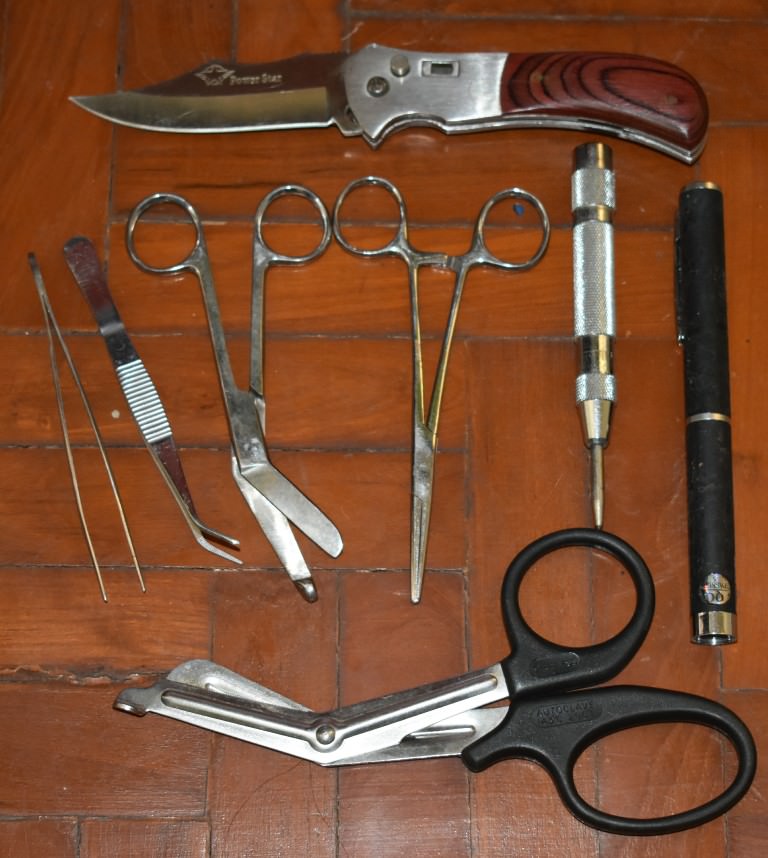Grabbing the books...
Mayo: antihistamines such as diphenhydramine (Benadryl), isn't sufficient to treat anaphylaxis. These medications can help relieve allergy symptoms, but work too slowly in a severe reaction.
* Non intervention - therapeutic
* Contraindicated - may complicate further diagnosis and treatment
* Contraindicated - may cause sedation/somnolence/sleepiness, drowsiness, unsteadiness, dizziness, headache, attention disturbance
* Contraindicated - may cause tremors or convulsions
* Contraindicated - may cause gastrointestinal disturbance, nausea, vomiting, epigastric distress
* Contraindicated - may cause palpitations, hypotension, arrhythmia, tachycardia
* Hypersensitivity - may cause angioedema, anaphylactic shock
Of course, a lay person can administer anything that comes to hand but a person trained in trauma intervention should not go here.
Respiratory crisis: Gasping for breath. Unable to speak. Respirations have become mostly ineffective.
Tracheotomy. All else fails/unavailable. Keys have been used. Soft metal easily sharpened on a rock. Two small round sticks side by side are sufficient to keep the airway open and provide an air passage.
My personal take. Going into the wilderness means always carrying a first aid kit and the $50 insurance policy:


So, we've gone from a hypothetical case about a wilderness emergency with limited resources to an illustrated lecture on the dangers of diphenhydramine. Would it be okay if we rolled the tape back to the pretend part of this topic and ditched the Mayo Clinic caveats? Better yet, I'm going to agree with the comment about a thread off the rails and try to find something more constructive to do, like deworming the dog.
